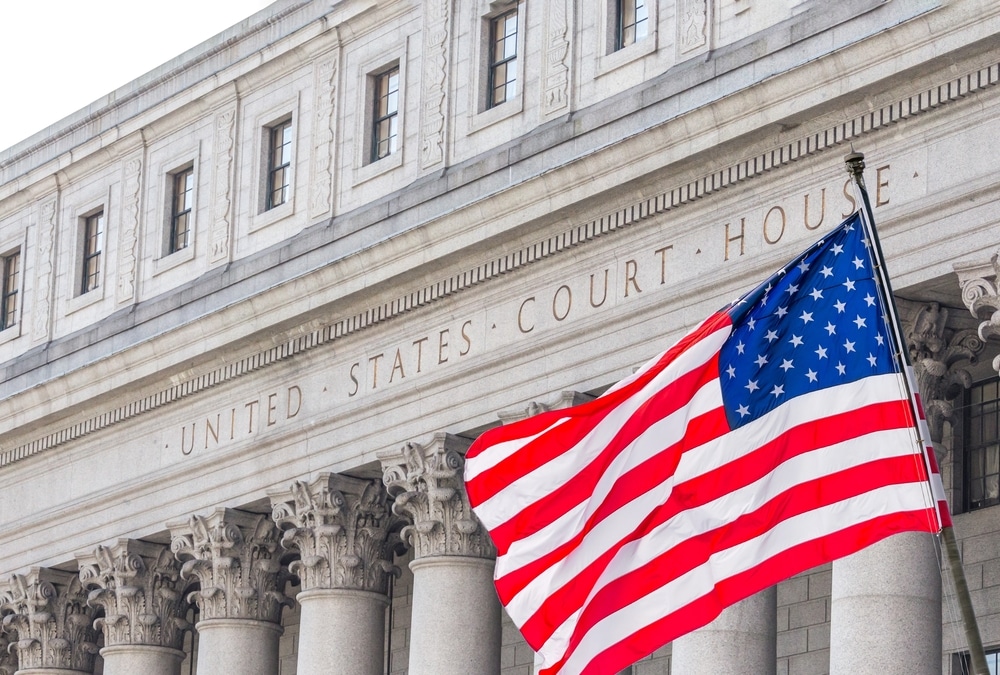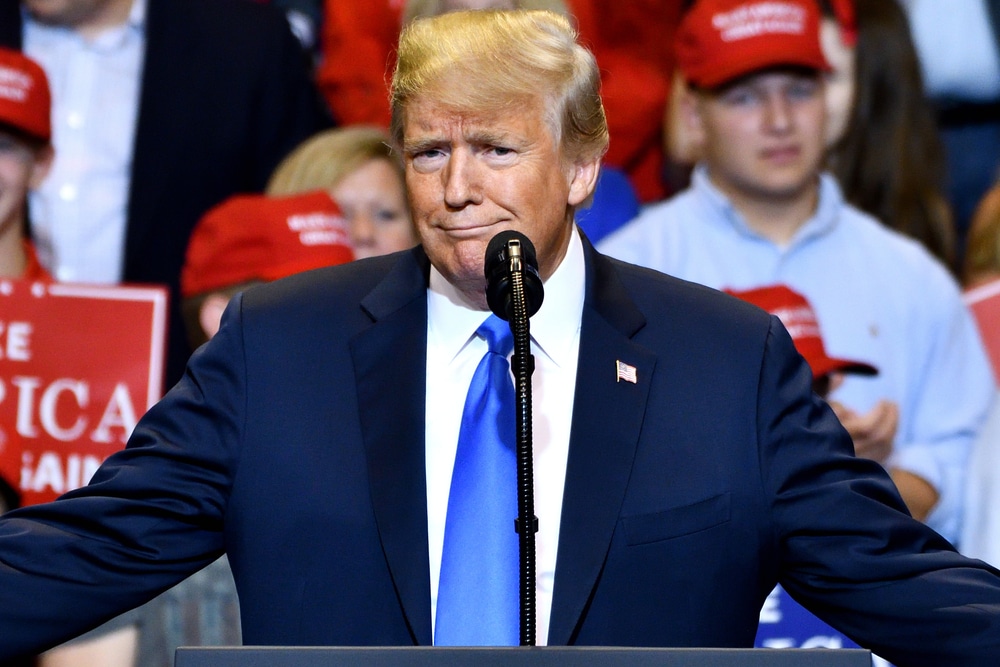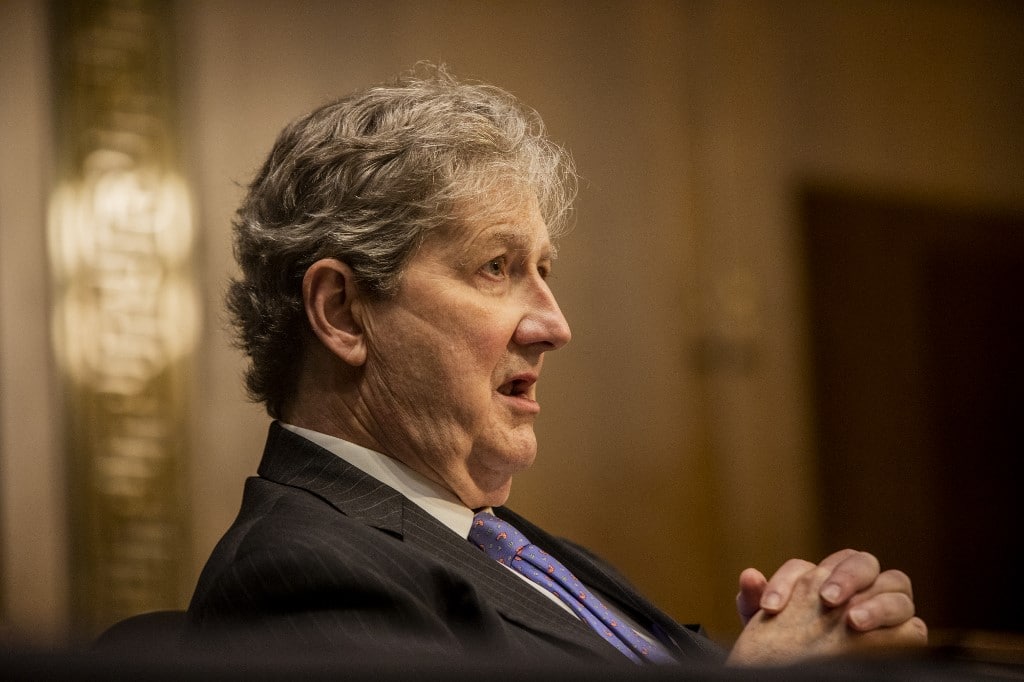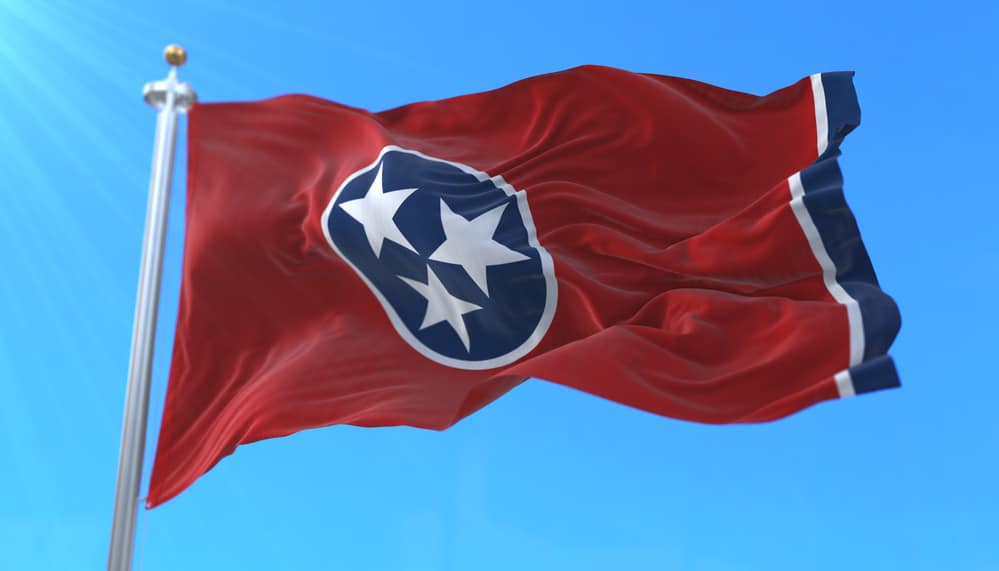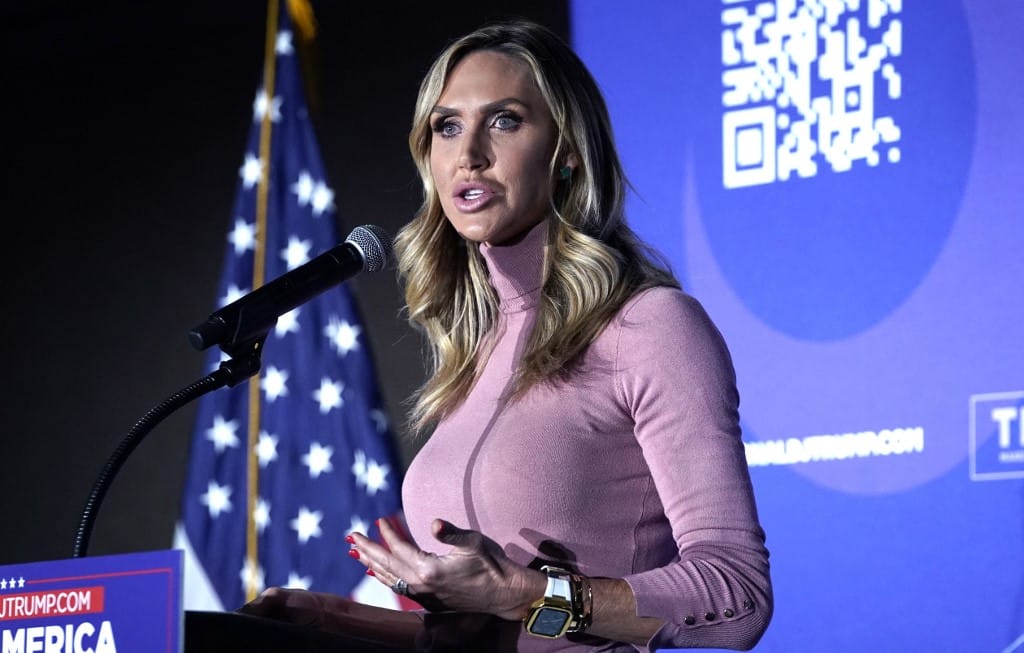A case in Virginia at the beginning of December gained attention, and at the heart of it was so-called “reverse discrimination.” The rise in legal challenges to diversity, equity, and inclusion (DEI) programs is a hot topic, and there are many recent cases to prove it.
The rise of “reverse discrimination”

Stephen Miller, who was a senior White House adviser in the Trump administration, and his legal group America First Legal, formed as a “conservative version of the American Civil Liberties Union, filed numerous FOIA lawsuits, requesting government records on critical race theory in public schools, online censorship, and immigration procedures.
The group spoke against Biden numerous times
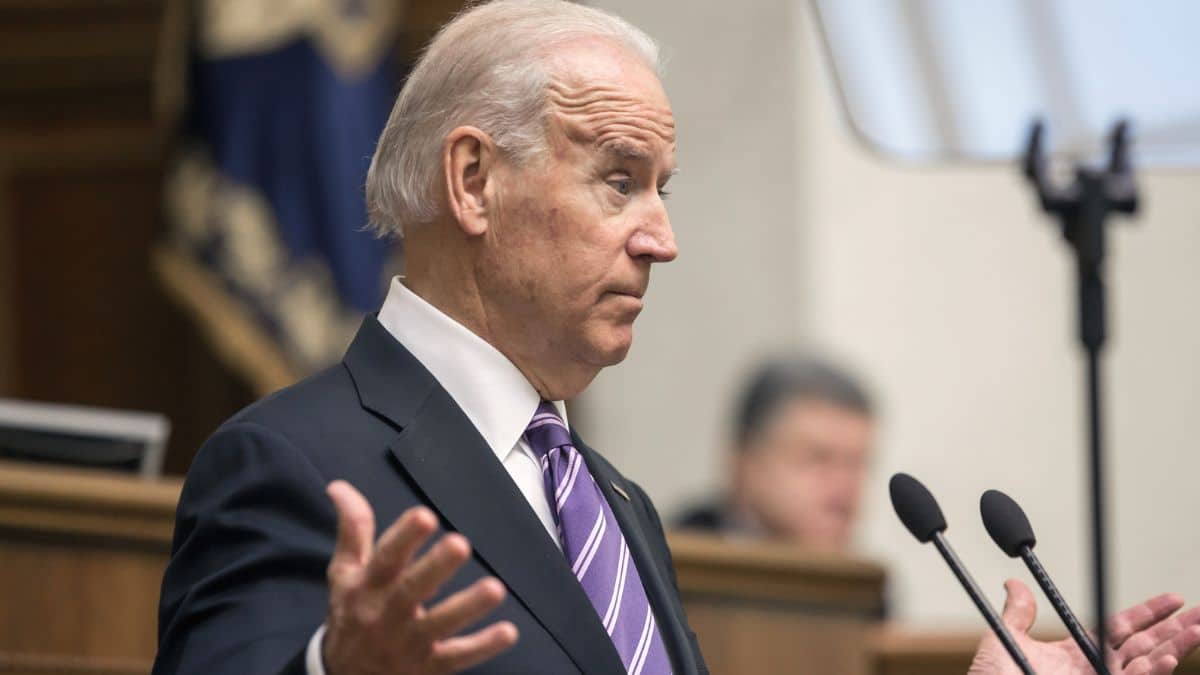
“Joe Biden and left-wing officials are engaged in widespread racial discrimination against white and Asian Americans … even though it’s against the law,” said one mail, Politico reported. They also shared an ad obtained by the same outlet, which starts with, “When did racism against white people become OK?”
The group has allies

The American Alliance for Equal Rights, alongside the AFL, took legal actions against several legal corporations, accusing them of excluding white and American-Asian males from their programs. Edward Blum, a conservative activist, told USA Today, “There is no such thing in the law as reverse discrimination,” and added, “It is simply racial discrimination.”
Musk joined the anti-DEI group

The Tesla owner shared recently on X, “DEI must DIE,” adding, “The point was to end discrimination, not replace it with different discrimination.” The increase in “reverse discrimination” lawsuits is slowly rising, and several cases, including the one from Virginia, inspired this movement.
David Duvall’s case
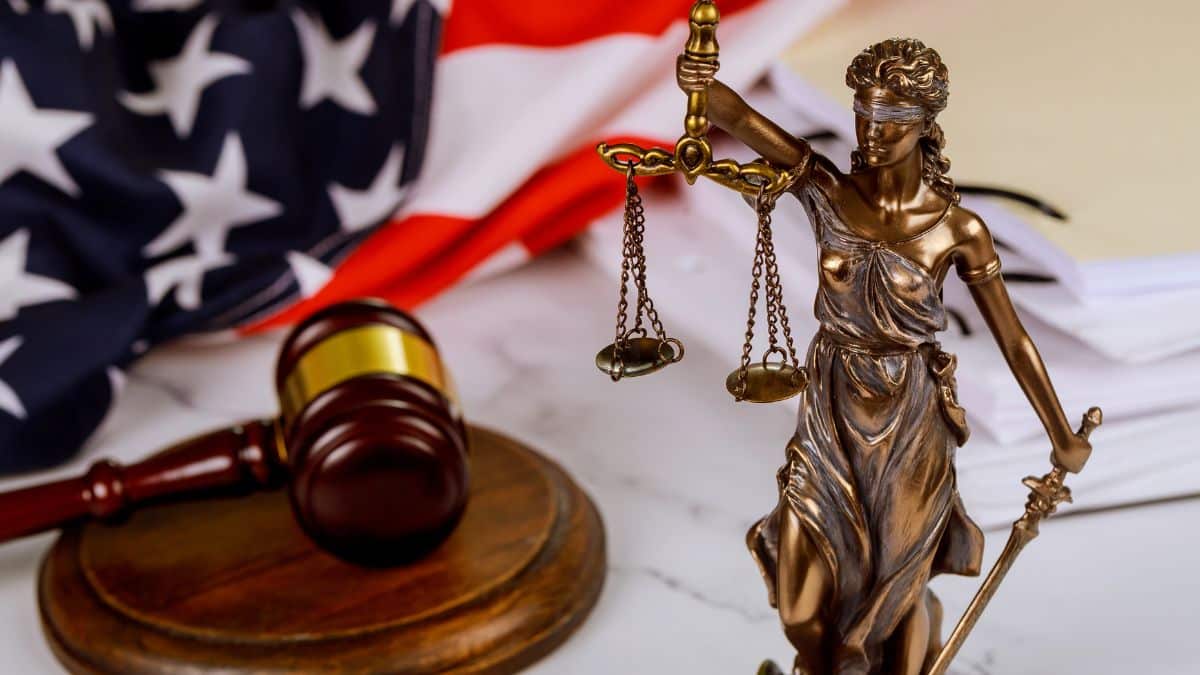
David Duvall sued the North Carolina-based hospital system Novant Health, claiming he was fired “without warning or cause as part of an intentional campaign to promote diversity in its management ranks.” The case reached the 4th U.S. Circuit Court of Appeals panel in Richmond, Virginia, which upheld the $4 million award in December 2023.
Shannon Philips’s case

Former regional director for Starbucks, Shannon Philips, won $25.6 million after filing a lawsuit claiming she was fired because she was white. The firing from 2018 was resolved in June 2023. The lawsuit partially said that Starbucks “took steps to punish White employees.”
Project 2025

The plan to reshape the executive branch of the U.S. federal government in case the GOP’s nominee wins the 2024 elections also includes reportedly deleting DEI. Many conservatives were accused of pushing “racial neutrality” and color-blind approaches that some experts scrutinized.
In defense of DEI

Justin Gomer, associate professor of American Studies at California State University, Long Beach, explained why “racial neutrality” cannot work. He said, “White supremacy is so deeply rooted in our country and our history that this is just the latest version of that, and it has proven very politically expedient to play into that.”
Reframing discrimination

Gomer continued, “It is framing discrimination as strictly personal and individual, and it is denying that discrimination is structural and institutional.” But, it appears that diversity is already taking a hit.
Damning report

Reuters reported that “at least six major U.S. companies, including JPMorgan Chase, have modified policies meant to boost racial and ethnic representation that conservative groups threatened to sue over.” Other reports supported these findings.
Paradigm reported similar

Paradigm, a consulting firm, found that the last year “has undeniably shifted the DEI landscape for years to come.” The company’s report stated, “External forces are no longer pushing companies to invest in DEI; instead, in some cases, external forces are pushing back on companies’ investment in DEI.”
Companies will look like “plantations”

President of Morehouse College, David Thomas, told Reuters,”(Companies) will be ensuring that 30 years from now, the corporate landscape of America looks like a plantation.” This should not come as a surprise since the Supreme Court severely limited if not effectively ended, the use of affirmative action in college admissions in 2023.






